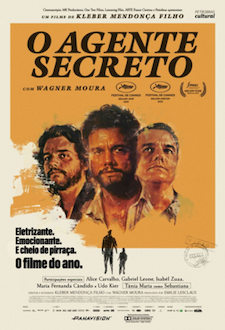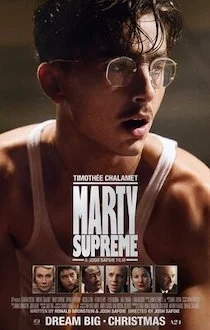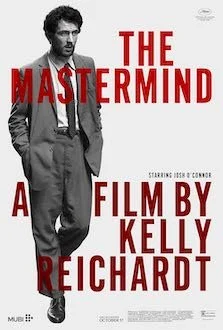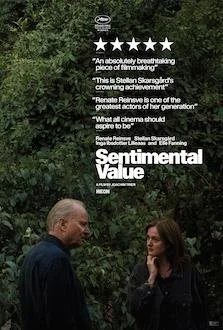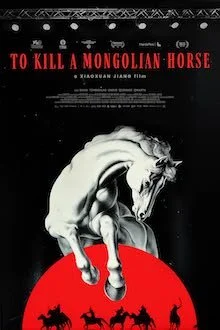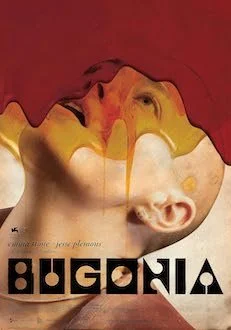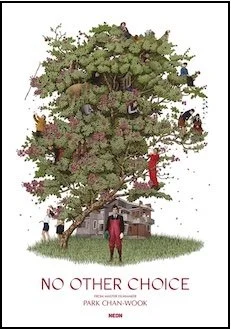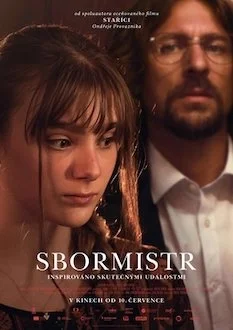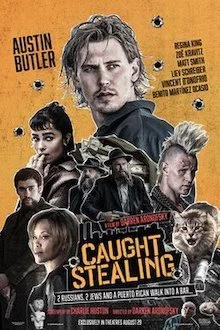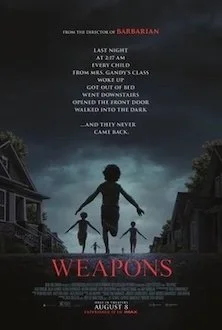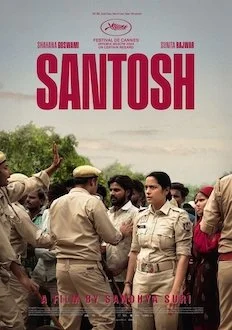Direction: Kleber Mendonça Filho
Country: Brazil
Largely written in France and entirely shot in Brazil, The Secret Agent is Kleber Mendonça Filho’s depiction of 1977 Brazil during politically turbulent times. The director of Neighboring Sounds (2012), Aquarius (2016), and Bacurau (2019) had already left a strong impression on me, and now—through an intelligent, absorbing political thriller that plays with genre conventions—confirms his remarkable ability to create memorable cinema.
Hiding under the name Marcelo, widower and former professor Armando Solimões (Wagner Moura) flees a troubled past and a series of death threats by escaping to Recife, where he reconnects with his in-laws and his son. He is welcomed by Dona Sebastiana (Tania Maria) and the circle of political dissidents she shelters in her home. Forbidden from leaving Brazil and placed on a federal blacklist, Armando needs protection from his own country and from the ruthless engineer Enrique Ghirotti (Luciano Chirolli), who hires two hitmen to track him down.
The story embraces a certain opacity, with its pieces unfolding gradually and confidently through a blend of dark and luminous tones. All the answers are eventually revealed, ensuring a clear sense of closure. Even when deliberately fragmented, The Secret Agent imposes its own rhythm, exposing an extraordinary scope and atmosphere with undeniable force. The opening scene—tense and gripping—immediately signals the corruption and unorthodox witch-hunt tactics employed by Brazilian authorities in the 1970s.
With Filho’s razor-sharp direction and actors fully inhabiting their roles, the film illustrates how absolute power and systemic corruption can corrode an entire country through lies, greed, and violence. It becomes less a conventional spy film than an ode to memory and to life’s persistence in the face of fear, despite what the title might suggest. Exquisitely assembled, The Secret Agent looks and sounds authentic to its period, while resonating with the present in many ways through a restrained, unfussy approach.

